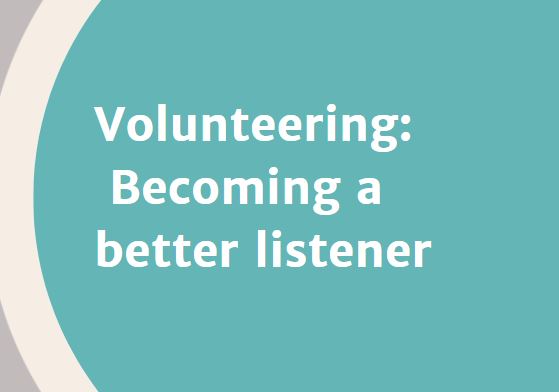Centrica Care Navigators volunteers say one of their favorite parts of serving their community is helping the patients and caregivers many of them meet every day. They like getting to know peoples’ stories and sometimes even talking about their own lives.
For long-time volunteer Kathy Koets, talking with patients and their families has taught her a little something about herself, too.
“It’s made me a better listener,” she says. “Every patient wants to talk about themselves and how they are feeling.”
Years of change
Kathy has been volunteering with Centrica Care Navigators since 2003 (we celebrated her 20th anniversary with us earlier in the spring of 2023). Her professional career was in medicine, working as a clinical lab scientist at Borgess Hospital starting in 1970, then moving to Pfizer before retirement. As a result, she was familiar with end-of-life care, though she experienced it first-hand when her father eventually received care before his death in 1995.
“After he died, (I told myself) when I could I wanted to help, and get the good word out,” Kathy says. “Hospice was not nearly as accepted in 1970.”
She reached out to Centrica Care Navigators (which was called Hospice Care of Southwest Michigan at the time) to become a volunteer. She mostly does companionship, sitting and at times talking with patients in hospice care for a few hours each week.
Kathy brought her husband Mike on board as a volunteer, too, and together they have been hosts and greeters at Centrica Rose Arbor Place, our site for patients who need round-the-clock care. Mike has been a volunteer for 14 years.
More recently, she brought her pet therapy dog Lizzy to patients’ bedsides.
“I love to see people smile when they see my dog,” Kathy says.
Kathy grew up in Kalamazoo, but her personal circle of friends were very similar in their values and attitudes. So it was something of a surprise when she started getting to know the many different patients and families she met as a hospice volunteer. One couple she met was unmarried and probably in their 20s; the man was in hospice care.
“I was so impressed that she was there for him all through that time,” Kathy says. “In 1970, I would have thought, ‘They should be married.’ Meeting people has made us better listeners and made us appreciate the people we have met.”
Becoming a volunteer
The process of being a volunteer has changed significantly in the past 20 years as well. Training has become more streamlined, and she appreciates the support she gets from the Centrica Care Navigators volunteer team, especially with the technology — Kathy says she’s had to develop her computer skills in order to find out about available volunteer opportunities.
She’s also learned about the latest methods for working with patients who have memory loss.
When Kathy tells friends she is a volunteer for an end-of-life care organization, they sometimes tell her they couldn’t do that kind of work, because think they would feel uncomfortable around a patient who is dying.
Volunteers like Kathy who provide companionship, though, say it’s rewarding to make connections with patients and their families. Conversations can help patients stay engaged with the people around them.
If a volunteer doesn’t want to participate in companionship, there are opportunities that aren’t one-on-one with patients, like data entry or partnering with staff at Golf ‘Fore’ Hospice, the Butterfly Release, and our other special events.
“They say, ‘I couldn’t do that with dying people,’” Kathy says. “But there are other things in the office you can do to help the organization.”
Find out what you can do to join Kathy as a volunteer. Visit centricacare.org/volunteer/ or call 269.345.0273.



